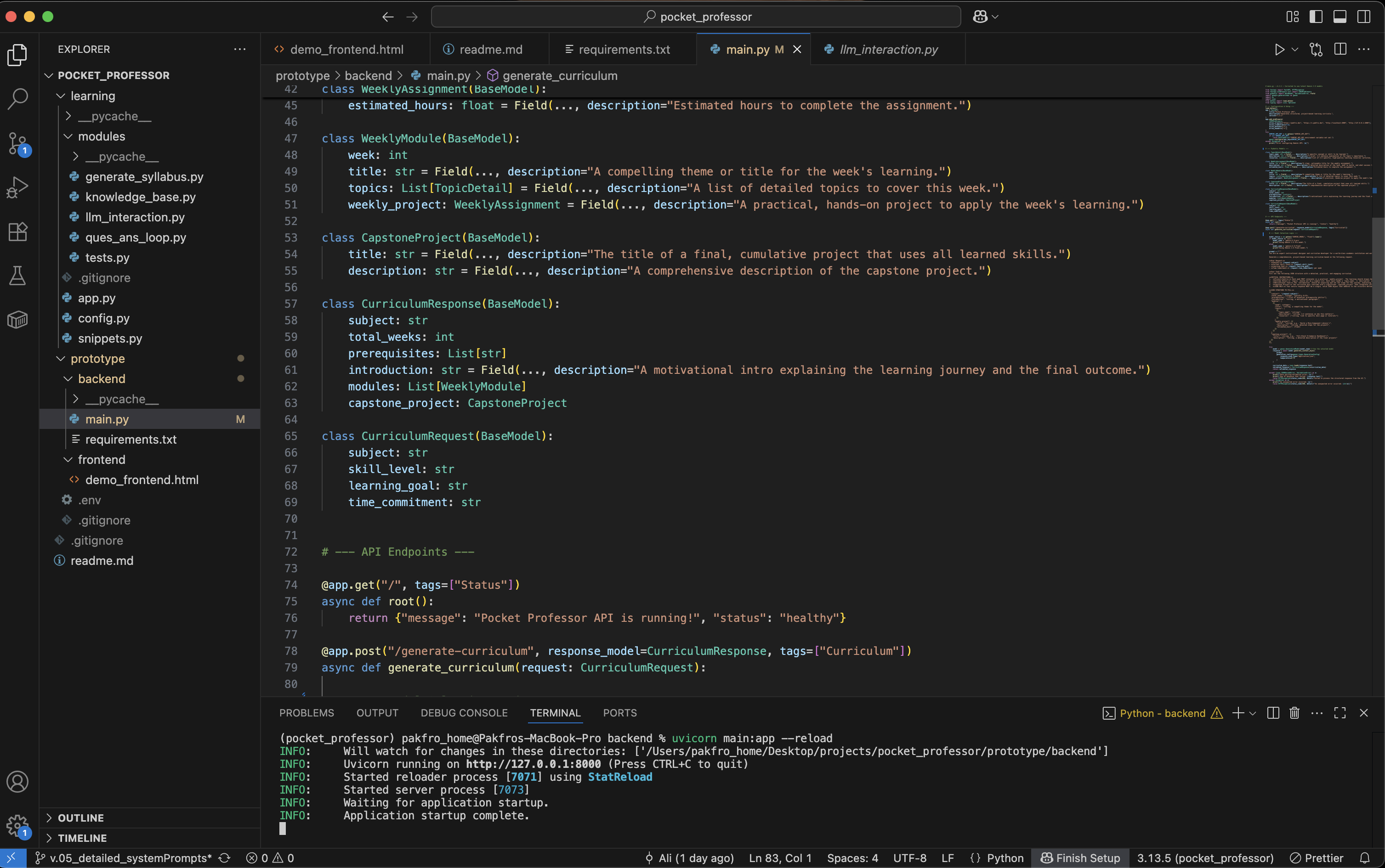My Journey Into Technology
From studying the human mind to building tools that help it grow.

The Origin: A Foundation in "Why"
My journey didn't start at the command line, it started with a question: "Why do we behave the way we do?" This curiosity stems from my experience as part of a first-generation immigrant family. From Southeast D.C. and Columbia Heights to the Northern VA suburbs and the challenges we faced along the way. It led toward to a deep dive into experimental psychology, where I spent years immersed in behavior research, experimental design, and statistical analysis. This foundation gave me a unique lens on the world—a focus on evidence, a skepticism of fads, and a deep appreciation for the cognitive architecture that governs how we absorb information.
The Pivot: From Human Code to Computer Code

While my passion for behavior psychology was strong, the Covid-19 Pandemic radically shifted my direction. Fascinated (and frankly, terrified) at the unfolding events of 2020, I saw technology not just as a tool, but as the most powerful lever available to apply insights about human behavior at scale during an historic moment in the history of mankind. Through rigorous self-teaching coupled with the high-intensity structure of a coding bootcamp, this led me to a career in software engineering, where I had the privilege of working on mission-critical systems at an enterprise level to understand how this new indsutry I adopted. I traded in my research and service exeprience for a terminal and haven't looked back since.
"Technology and psychology are two sides of the same coin. Both seek to create systems—one in silicon, one in the mind—that produce predictable, desirable outcomes."
The Synthesis: The "Why" Behind Pocket Professor
Pocket Professor is the culmination of this dual journey. It's a project born from the realization that the biggest problem in self-guided learning isn't a lack of information, but a lack of a clear path forward and psychologically sound framework. The internet is full of "what" to learn, but it offers very little guidance on "how" to learn effectively.
My background in research made me deeply skeptical of popular neuromyths like "learning styles." Instead, I knew the real key was in leveraging proven, evidence-based learning mechanics. This is the core thesis of Pocket Professor: to build a tool that doesn't just give you a list of topics, but actively facilitates the cognitive processes that lead to true, lasting knowledge—principles like Active Recall, Spaced Repetition, and Desirable Difficulties.
The Mission
This project is for people like me: the motivated, mid-career professional who stood at the edge of a chasm, wanting to make a change but paralyzed by the overwhelming chaos of self-education. My mission is to build the structured, confidence-building bridge people like me need to get to the other side, without the absurd time and financial cost associated with undertaking such an endeavor. I believe when truly motivated individuals are armed with the right tools and have a clear path forward, they have potential to learn anything.